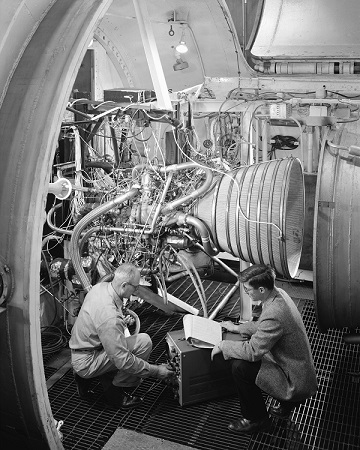US rules could block local work
 Australian laws could prevent foreign-born engineers from working on AUKUS submarines.
Australian laws could prevent foreign-born engineers from working on AUKUS submarines.
Australian engineers who were born overseas are concerned that they may miss out on employment opportunities related to the AUKUS-inspired defence jobs boom due to restrictive United States security requirements.
The regulations exclude people with links to certain countries, making it challenging for employers to fill skills shortages in the technical professions required for the nuclear submarine procurement, construction, and deployment.
According to Engineers Australia, more than half (59 oper cent) of Australia's engineering workforce is overseas-born, with two-thirds of new engineers coming from outside Australia every year. Engineers who were born in proscribed countries, such as Iran, are particularly affected.
The United States' International Traffic in Arms Regulations (ITAR) is a law that restricts access to materials and technical data used in defence projects, known as ITAR Controlled Material.
The regulations prohibit certain dealings with “proscribed countries” and their citizens in relation to weapons, intelligence and other related technology and information.
Consultants at International Trade Advisors - who advise defence contractors on the ITAR regulations - say that the ITAR looks at not only the country of birth but also any country that a person has held citizenship of, permanent residency of, or has any close ties to.
Also, they note that violating the ITAR carries significant fines and penalties, upwards of a million dollars per violation, not to mention that it interferes with national security and the security of all allies with whom Australia works on defence capabilities.
Many defence contractors, including six in South Australia where the AUKUS submarines will be built, have received exemptions from anti-discrimination law and can refuse potential staff based on their nationality and country of birth. Australian staff will also need security clearances to work on AUKUS projects.
The list of proscribed countries is relatively short, and engineers from those countries can get work in other expanding sectors, such as space exploration.
The South Australian government has announced funding for new training programs to meet the skills shortfalls that could slow down AUKUS. However, the courses are likely to have security restrictions on their students.








 Print
Print